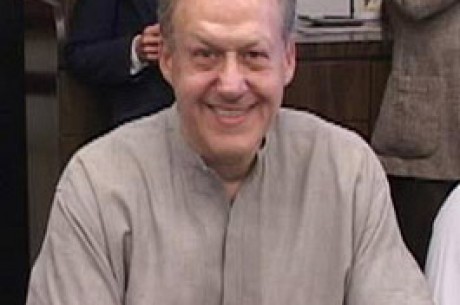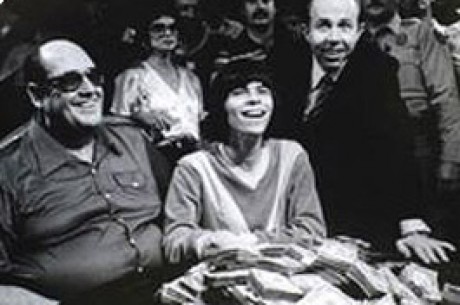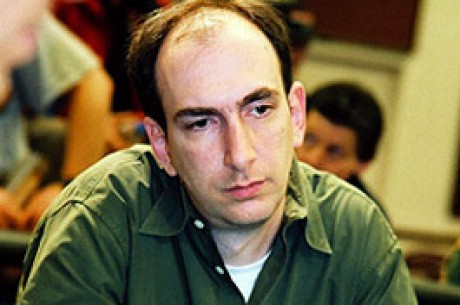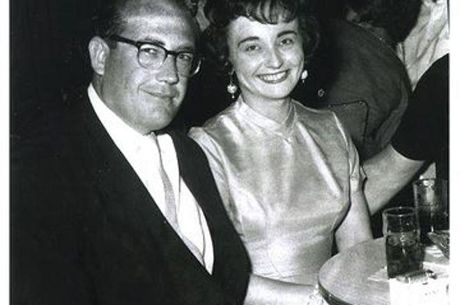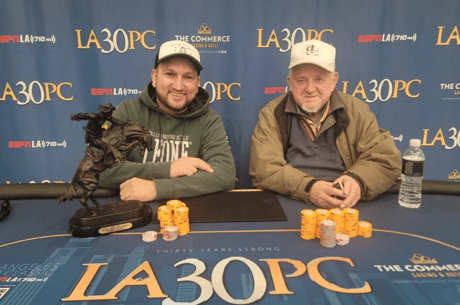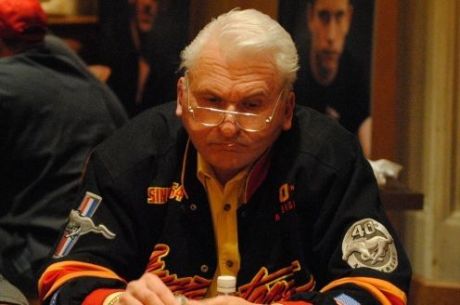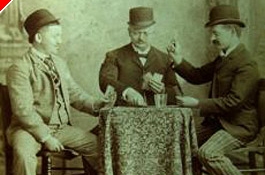Legends of Poker: Billy Baxter
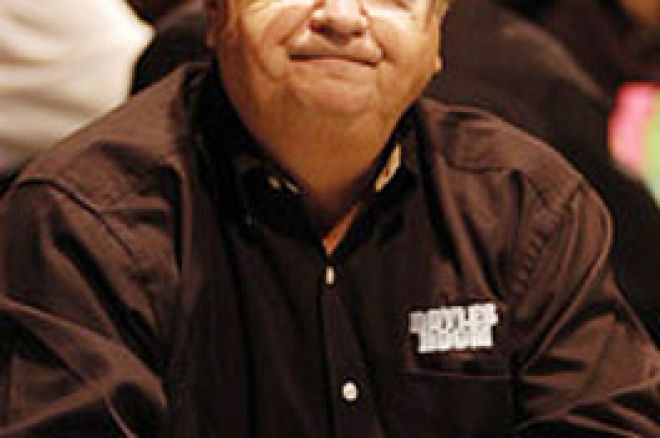
In my lifetime I've been lucky enough to meet and talk with the top (at least in my mind) dozen poker players of the twentieth century. Every one of those players has a common ground of competition. They love to compete, they are well educated (either at university or via the school of hard knocks), and they have an uncanny knack for knowing how to find the "chink" in the armor of their opponents.
The worlds best players don't just play good poker, they "work the solution." If I knew exactly how they did that, I'd be in the top dozen also. I am not. However, I am smart enough to see that some players are able to really get into the heads of their opponents. They find that minor flaw, and expose it to the current situation (singular hand or overall play of an opponent). They examine it closely, and then use it to their advantage.
Ray Zee, a terrific player who plans his moves like a chess master, spends his energy figuring out what his opponent is thinking about him, before making his next play. He has said that the best thing to do is find a game or limit you excel at and exploit it. Boy, does that put poker into perspective.
Even a player as cerebral as David Sklansky has stated that he wants to be in a game with weaker opponents than himself. In David's case, that means he can play comfortably in almost any game, but the upper tier of players got where they are by playing against the best in the world, and at least holding their own.
Billy Baxter is one of those players. Like Bobby Baldwin and Amarillo Slim, Baxter began his gaming career in pool halls. He learned about competition, pressure, and exploiting the game. By the age of 16 (in the mid 1950's) he had socked away several thousand dollars from playing pool, and it wasn't always just because he was better than his opponent. A gambler needs to know how to win (even when he isn't the best player) by finding that crack in the armor of their adversaries.
Like a number of players from the Southern United States, Baxter was able to find plenty of gambling in his hometown of Augusta, Georgia. He learned to play poker, and supported his poker "habit" for over a year with his pool playing income. Eventually, his poker playing improved to where it was the bulk of his income.
Over the next several years, Baxter would concentrate on poker, and sports betting. He was a part owner, and then full owner of a local casino called the Paisley Club, and successfully ran the operation until pressure from the local sheriff convinced him to put his energy into just sports betting.
Although quite a gentleman, Baxter has learned over the years how to successfully use "pressure" to beat his opponents. As one of the best deuce-to-seven no-limit players of all time, he feels the game involves more bluffing than any other form of poker. Although a seasoned hold'em player has to have the ability to use bluffing as a winning tool, deuce-to-seven is a single-draw game, and you need to know your opponent very well to make accurate decisions from just the one draw.
In the mid 1970's, Baxter stayed at the Dunes Hotel in Las Vegas and began playing with players like Doyle Brunson and Sid Wyman. The games were tough, but they also attracted some very wealthy players who were overmatched. Convinced of his ability to win, Baxter entered the WSOP for the first time in 1975. His results proved him correct. In fact, few players have been as successful at the WSOP, and fewer still have been so successful their first year.
Baxter won the $5,000 deuce-to-seven tournament in 1975, and then won the 1978 $10,000 deuce-to-seven tournament. He also put a serious hurt on the local Las Vegas bookmakers, and was one of the first "known" players to fight the IRS over a fair way to file gambling winnings.
In the mid 1980's, I was in the courthouse on Booth Street in Reno, Nevada when Baxter took on the IRS over his "filing status," and every professional player owes a debt to Baxter for standing up to the IRS. His court case led to allowing professional gamblers to file as "professionals," with the ability to deduct expenses like any business professional. There is a lot of gamble in Baxter, and not even the IRS ever scared him.
Although he does not believe in backing players, he did support Stu Ungar in 1997 when he played in the championship event of the WSOP. Billy and Stu had been friends a long time, and over the years they constantly tried to take each other's money. Although Stu beat him the first time they played gin, Billy says with pride that it was the only time. Although Stu was a tremendous gin player, he was not always a successful gambler. Baxter got him to make additional bets besides just the outcome of the game, and always wound-up a winner after their first meeting.
During the 1997 World Series of Poker, Baxter put up the fee for the main event, and Stu played his heart out - winning the championship for a record third time. I don't believe that number will ever be equaled, and I wouldn't have bet on it happening in 1997. Baxter, however, proved his continuing ability to read people, and pocketed $500,000 from Stu's amazing win.
Baxter was married in 1975, right before he and his wife, Julie, traveled to Las Vegas and stayed at the Dunes. They have three children and have made Las Vegas their home. The local games have been good over the years, and Baxter has added WSOP tournament wins in California Lowball and also Razz. In fact, Billy now holds seven gold bracelets (behind only Brunson, Chan and Hellmuth; he is tied with Erik Seidel) and has 21 cashes, and his career earnings at the WSOP total almost $1 million dollars.
Baxter has been playing more hold'em the past few years, and continues to cash at tournaments across the United States. Most notably, in the past two years he has finished 8th, 11th and 18th in World Poker Tour $10,000 tournaments. Obviously there is still plenty of gamble in Billy Baxter.
Ed Note: There is a $5,000 freeroll exclusive to PokerNews players this Saturday at Titan Poker Join today.

